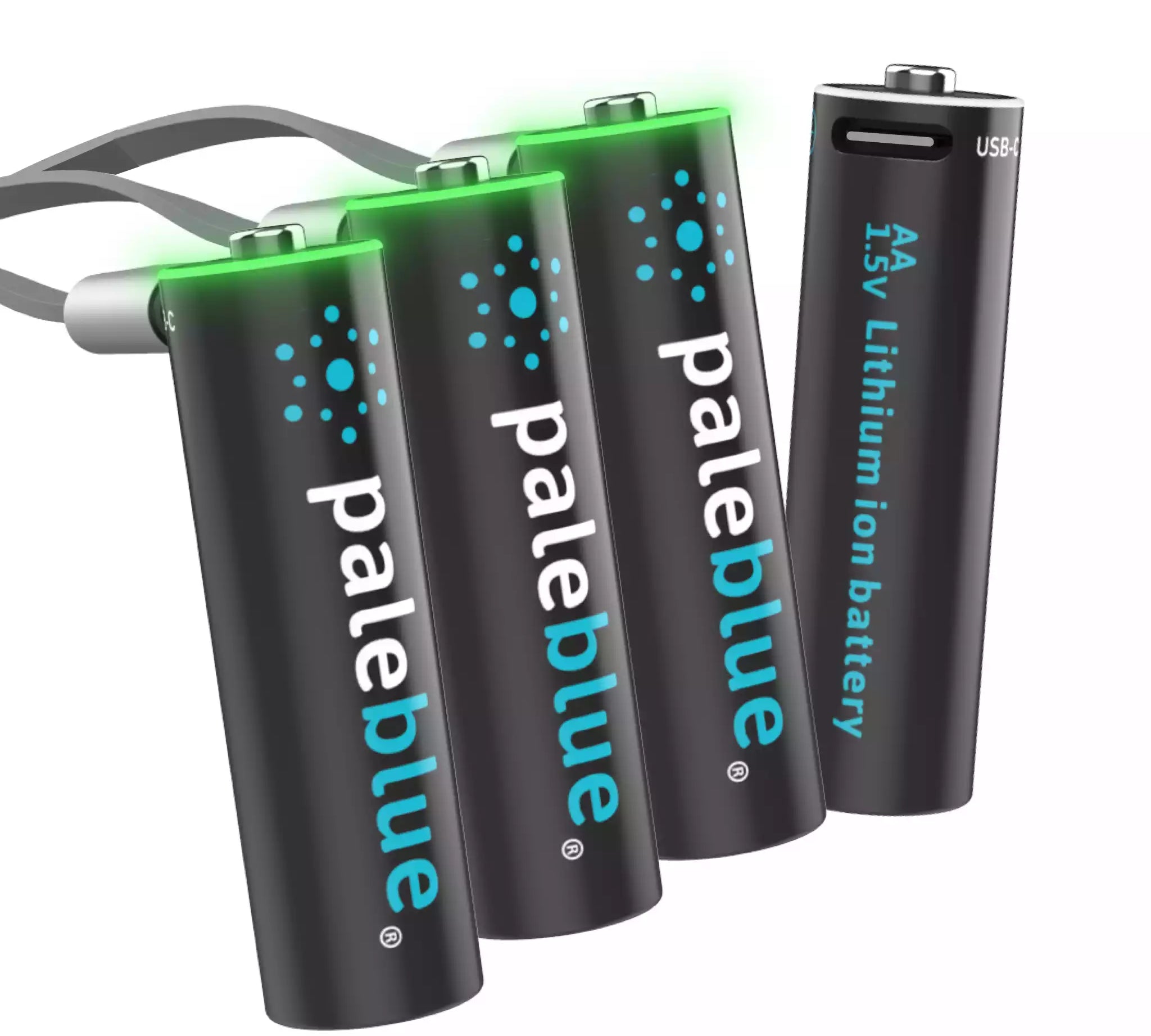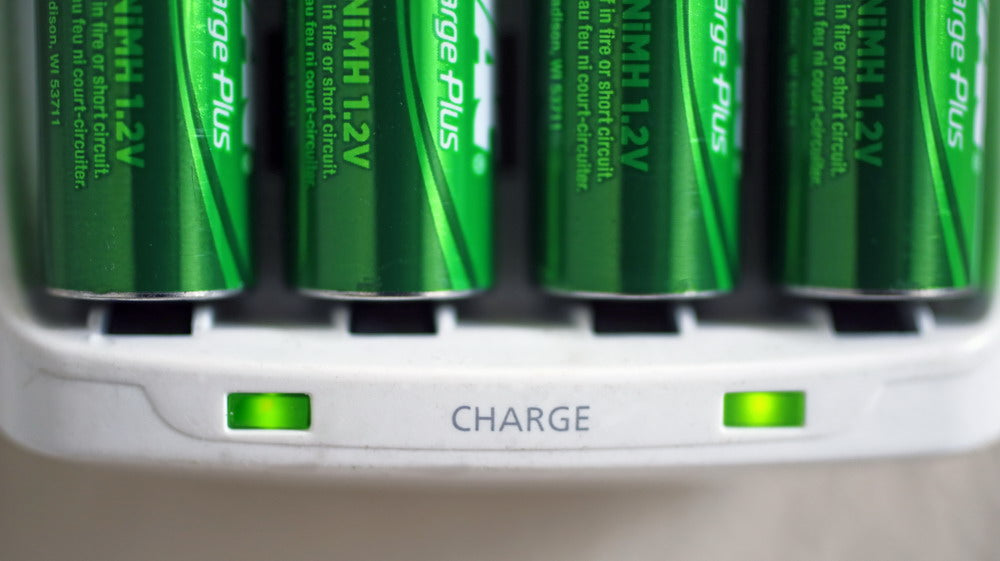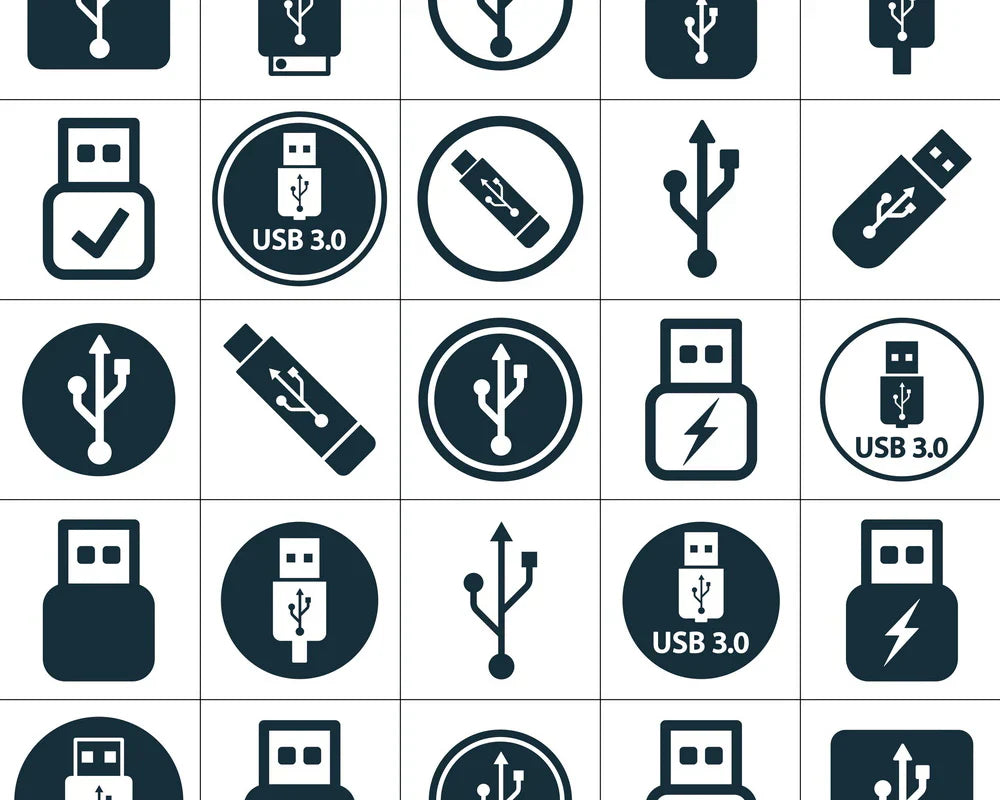Are Rechargeable Lithium-Ion Batteries More Expensive?

We pay very close attention to what consumers think about rechargeable lithium-ion batteries. As such, we get the fact that some people avoid rechargeable batteries because they cost more at the cash register. Still, that doesn't mean they are more expensive. It really depends on how you define your terms.
Unit-for-unit, it is fair to say that rechargeable batteries are more expensive than alkaline disposables. But what you get for your money matters. Rather than looking at bottom-line price, you get a more accurate picture of cost by looking at value for money. In other words, what are you getting for the money you spend?
Writing with a Wireless Mic
We will get to hard numbers in just a minute. But first, consider that this post wasn't composed by typing on a keyboard. It was composed by speaking. A wireless mic sent audible signals to a computer where sophisticated software translated those signals into text.
It turns out the wireless mic is powered by a lithium-ion battery. It is charged twice a day, four days per week. That amounts to sixteen charges per week or 832 charges per year. Now, consider that these typical Paleblue rechargeable batteries can be charged 1000+ times.
If the wireless mic is capable of that many charges, it will be usable for more than three years. In fact, four years isn't out of the question. How much money would be spent on alkaline batteries to power a wireless mic for 3+ years? Therein lies the key to value proposition of rechargeables compared to single use batteries.
Retail vs. Overall Cost
If you want to know whether or not rechargeable lithium-ion batteries are really more expensive, you cannot focus just on retail cost. We can illustrate this with some sample math. Let us assume you can purchase a 2-pack of 9V alkaline batteries for $5.00. You use each battery once and then throw it away. Also assume you are purchasing a new 2-pack every two months. That means you are using one battery per month.
Our 2-pack of 9V batteries costs just about $25. Each one can be recharged at least a thousand times. You will get two thousand combined uses for just $25. How much would you spend on two thousand alkaline batteries? Based on the previously mentioned price, you are looking at $5000. Which type of battery really costs more?
But wait... you say you can buy 9V batteries in bulk for about a dollar apiece. That's fine. You will still spend $2000 to buy enough batteries to equal what you get from two Paleblue batteries. When you do the math, you see there really is no comparison. It is not even close.
Retail Prices Are Deceiving
These numbers may be hard to believe. We get it. Retail pricing can be deceiving because it does not account very well for value. A retail price tag only tells you what you are going to pay for an item at that particular moment in time. It says nothing about how long the item will last or how much value you will get from it.
Disposable alkaline batteries have the advantage at the cash register because their per-unit retail price is so low. But when you actually consider what you're getting for your money, that advantage totally evaporates. Considering the number of units that you will buy over a long amount of time clearly gives the advantage to USB rechargeable batteries.
Are rechargeable lithium-ion batteries really more expensive? At the retail level, yes. But in terms of long-term value, no. They are significantly less expensive over time.
- Tags: Economical Performance







